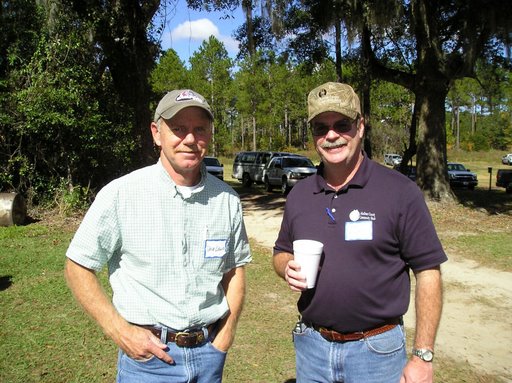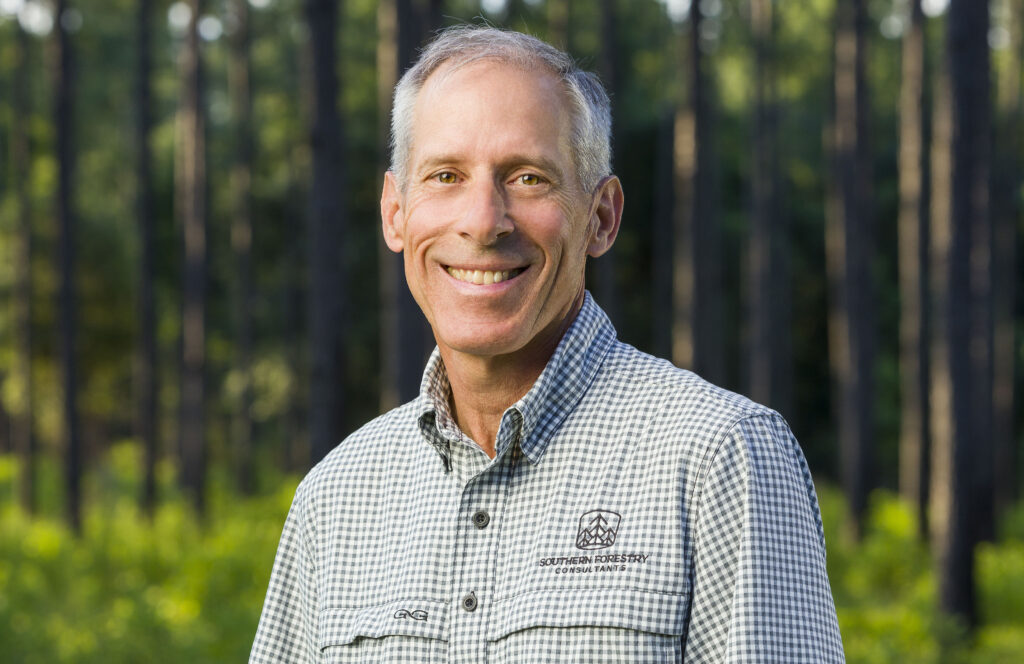By Mike Berzinis II, RF, CSM
In this post, we share practical ways cloud computing is helping forestry and natural resources organizations function in the digital age.
The future of business will be information driven.
Business owners and managers are experiencing rapidly increasing demands for information – a trend that’s expected to continue.
A successful strategy for information supports growth, the ability to work from anywhere (like necessitated during COVID), the delivery of new services for existing customers or simply to increase employee quality of life by reducing tedious data entry.
Data is like a green log, information is like lumber which is ready to use.
Data rich and information poor.
Data which does not function as “useful” information for answers and decisions is a source of frustration and lost time. The quote “Data rich and information poor” (Waterman, R. 1982) refers to being rich with data which is not easily turned into information of value.
You may be information poor if your systems formed incrementally over time where the parts do not function together as a whole (e.g. they’re fragmented).
Are your personal digital photos “useful information” or just data?
Digital photos (data) on a hard drive in a desk drawer are of limited use, whereas photos on a smart phone are easily used by just about anyone. A digital photo taken with a smart phone has utility which was difficult to “picture” 15 years ago when most people had point and shoot cameras. For example, digital photos on a smart phone can:
- Be shared with others through various social media like Facebook and Instagram.
- Be stored in one place (you guessed it, in the cloud!).
- Be accessed securely from anywhere via a user account.
- Be texted directly to loved ones.
Smart devices are fundamentally powered by cloud computing.
How can businesses use their data like photos on a smartphone?
Would business data generate greater value if it were easily kept up to date and could be shared? While business systems are more complex than photos, many of the underlying digital capabilities for photos can be applied to meeting the growing information demands of businesses. Such examples include:
- Team members access a single, authoritative source of business information.
- Staff with any technical ability level can share and get answers to every day questions like “what is the status of Smith Tract thinning job?”.
- Data entry and manual processes are reduced and even eliminated.
- Information can be shared securely inside or outside an organization.
- Teams access real time information on smart devices wherever work is done: from home, the truck or the field.
- Information security and trust standards are in place to reduce risks of hacking and ransomware.
In Conclusion:
Yesterday’s technology and approaches cannot meet today’s or tomorrow’s business information needs. “Redefining forest technology” is about having choices for technologies where the parts fit into a whole to maximize the reach and utility of information assets.
SFC is a trusted technology partner and leading cloud solutions provider for numerous wood products and forest management organizations across the southeast.
Mike leads SFC’s Geospatial business line and is a military veteran with 20 years experience in forestry technology.
 Southern Forestry Consultants (SFC) is excited to announce that Ashley Farms, owned by Don Ashley and Theo Meadows, has been recognized as the 2020 Jon Gould Florida Outstanding Tree Farmer of the Year. This award is presented annually by the Florida Tree Farm Program, a non-profit organization, and the state affiliate of the American Tree Farm System (ATFS). Our SFC team in Monticello, Florida assists Ashley Farms with forest and wildlife management, a relationship maintained for over 25 years.
Southern Forestry Consultants (SFC) is excited to announce that Ashley Farms, owned by Don Ashley and Theo Meadows, has been recognized as the 2020 Jon Gould Florida Outstanding Tree Farmer of the Year. This award is presented annually by the Florida Tree Farm Program, a non-profit organization, and the state affiliate of the American Tree Farm System (ATFS). Our SFC team in Monticello, Florida assists Ashley Farms with forest and wildlife management, a relationship maintained for over 25 years. The Society of American Foresters (SAF) recently named Michael Dooner as a 2020 Presidential Field Forester Award winner. SAF’s Board of Directors annually recognizes one member from each of the 11 SAF voting districts who have dedicated their professional careers to the application of forestry on the ground using sound, scientific methods, and adaptive management strategies. Michael Dooner is President and Founder of Southern Forestry Consultants Inc. (SFC), with more than 40 years of experience in forest and integrated natural resource management and planning. He is a Registered Forester (RF) in Alabama whose major areas of technical expertise are forest management, timber sales, forest economic analysis, prescribed burning, integrated natural resource management, forest inventory, and auditing. Mr. Dooner is also a Certified Prescribed Burn Manager and Licensed Real Estate Associate in Florida.
The Society of American Foresters (SAF) recently named Michael Dooner as a 2020 Presidential Field Forester Award winner. SAF’s Board of Directors annually recognizes one member from each of the 11 SAF voting districts who have dedicated their professional careers to the application of forestry on the ground using sound, scientific methods, and adaptive management strategies. Michael Dooner is President and Founder of Southern Forestry Consultants Inc. (SFC), with more than 40 years of experience in forest and integrated natural resource management and planning. He is a Registered Forester (RF) in Alabama whose major areas of technical expertise are forest management, timber sales, forest economic analysis, prescribed burning, integrated natural resource management, forest inventory, and auditing. Mr. Dooner is also a Certified Prescribed Burn Manager and Licensed Real Estate Associate in Florida.